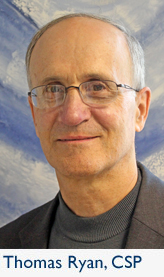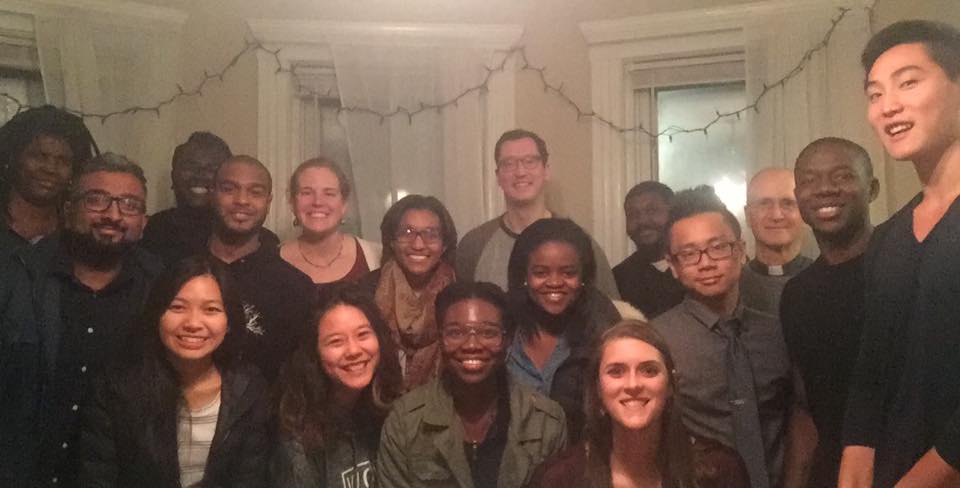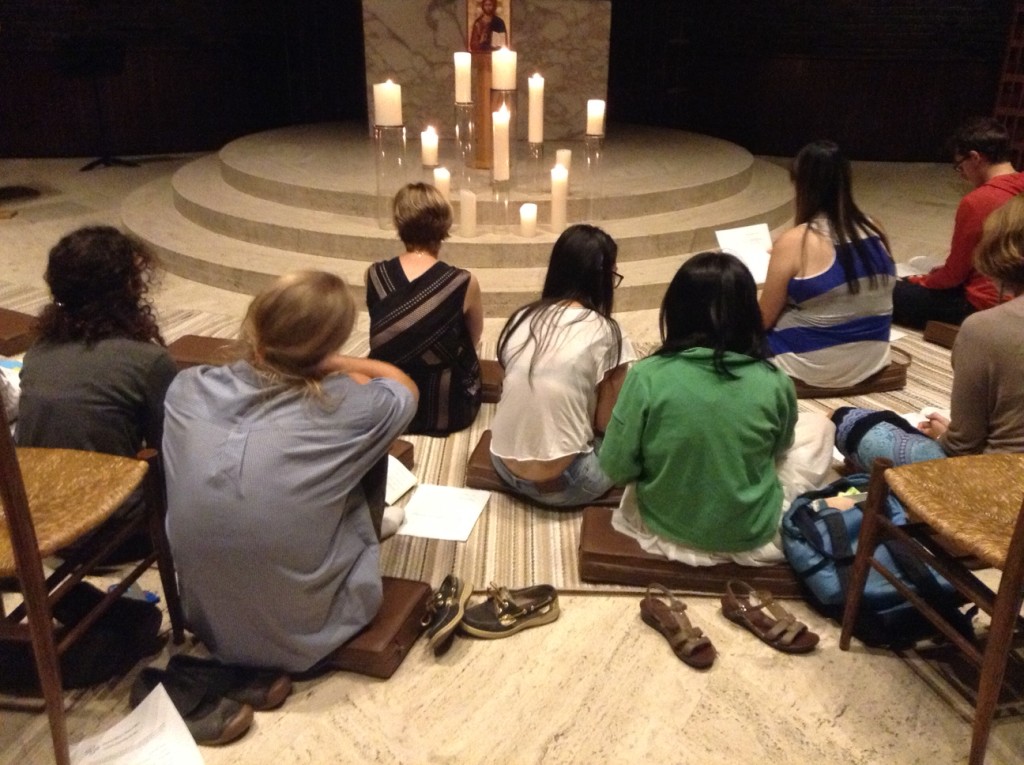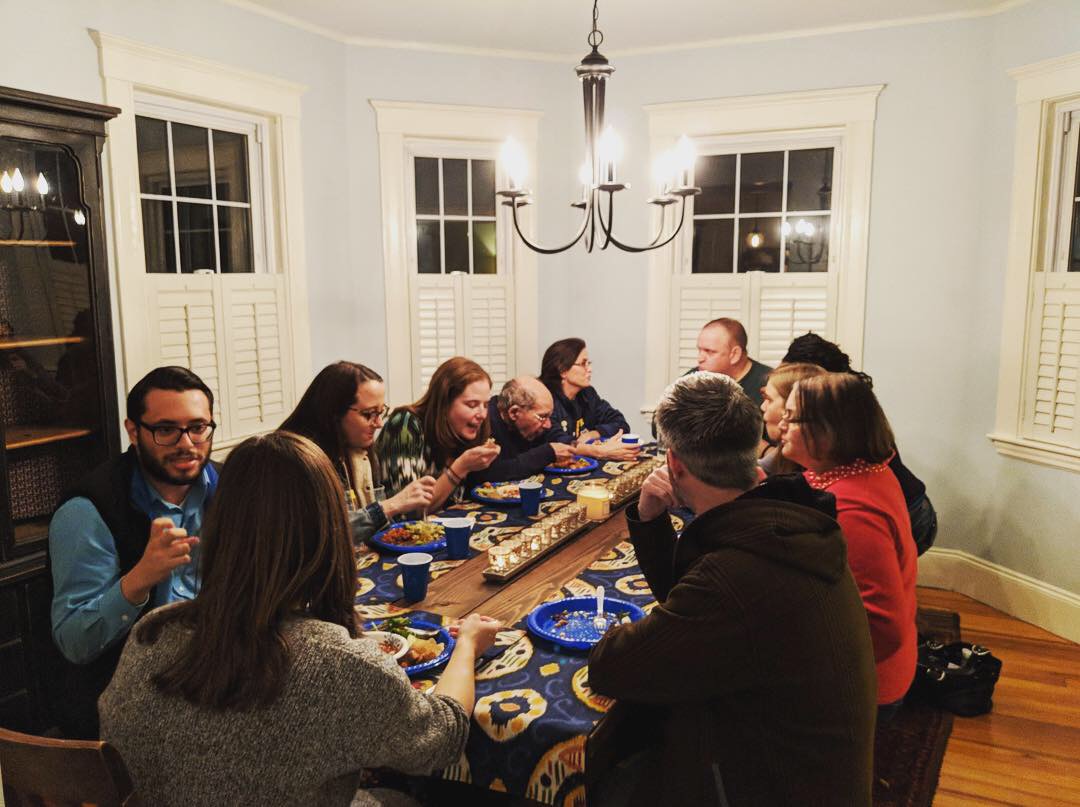Sunday, January 3, 2021, 4 – 5:30pm
Online via Zoom
(Registration ends at 3pm on the day of, and the Zoom link will be sent right after that)
Fr. Tom Ryan of the Paulist Center will deliver remarks on Pope Francis’ encyclical, Fratelli Tutti, reflecting on how we can all live out the call to fraternity, social friendship, and solidarity. We could not think of a more fitting way to begin the new year. Father Tom Ryan is also a member of the UniteBoston Board of Directors. Responding to him will be Boston Islamic Seminary President Dr. Basyouny Nehela and others to be announced. Audience Q&A will follow the presentations.
Born and raised in southern Minnesota, Fr. Tom Ryan did his graduate studies in theology at the Washington (D.C.) Theological Union and the University of Geneva. He was ordained a Paulist in 1975, and served in campus ministry at the Ohio State University (Columbus) and at McGill University (Montreal, QC.), prior to directing the Montreal-based Canadian Centre for Ecumenism for 14 years and working in all ten provinces of Canada. Perceiving the need for places where Christians of different traditions could gather to share faith and life with each other as well as with members of other religions, he spearheaded the founding of Unitas in Montreal, an ecumenical center for spirituality and Christian meditation co-sponsored by eight different denominations. He served as its director for five years prior to answering the call of his community in January of 2000 to set up and develop the Paulist Office for Ecumenical and Interfaith Relations.
Dr. Basyouny Nehela holds an M.A. in Fundamentals of Religion, and a Ph.D. with Honors in Da’wa and Islamic Culture, both from Al-Azhar University. He is currently the Dean of Academic Affairs and professor at Boston Islamic Seminary. Dr. Basyouny was previously an Associate professor at Qatar University’s Faculty of Sharia and Islamic Studies, Department of Islamic Creed and Da’wa, a faculty member at Al-Azhar University and Islamic American University, and Imam of the Islamic Society of Boston. He has also served as head, and coordinator of many academic committees covering Curriculum Enhancement, Core Curriculum, Strategic Plan, Academic Activities and Events, & Professional Development. He has taught many academic courses including Fundamentals of Dawa, Ethics, Comparative Religion, Islamic Creed, Islamic Culture, Quranic Studies,…etc.
To register, click here. For more info, please visit www.coopmet.org or email info@coopmet.org




